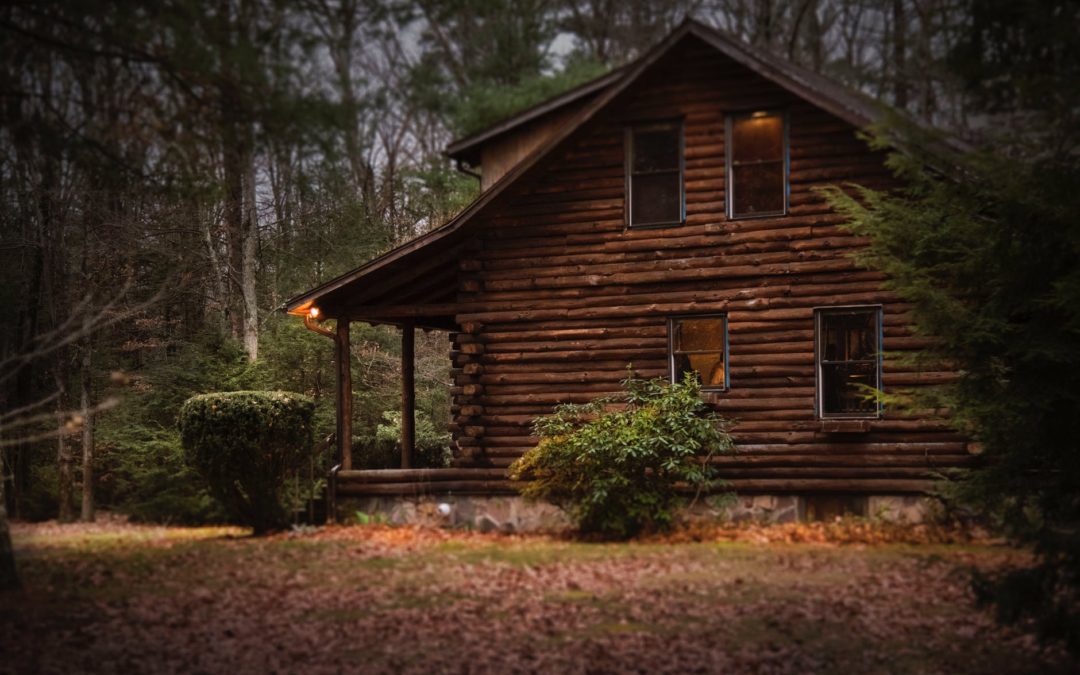In Minnesota and many other places, families sometimes own a cabin on a lake. That cabin becomes a vacation destination and even a refuge where the family can spend quality time together. They may do that for many years.
The parents might decide to leave the cabin to their children in equal shares as part of their estate. The hope of the parents may be that the next generation will use the cabin as a place for the family to continue to meet and continue to support each other. The ultimate goal may be to keep the next generation together.
Sometimes this works out well for part or all of the next generation. Other times the inherited cabin is a disaster waiting to happen. Consider what has to happen for everyone to be happy with this arrangement:
- All of the children must agree on a system of sharing access to the cabin – who gets to use it and when.
- All of the children must agree on who will manage and pay for maintenance costs.
- If some of the children are unhappy with the arrangement and want to be bought out, then the buyer(s) must have the resources to buy the siblings out at a fair price.
- None of the children can get into a financial difficulty or get a divorce that would force the sale of the cabin. Remember that creditors or (ex)spouses of the children may want a say in what happens, even if they are not owners.
- If there are disagreements, the children must be able to settle them amicably.
If the cabin survives the ownership of the children, then the children’s beneficiaries will become the owners. These may be the children’s spouses and eventually the grandchildren. This will happen not all at once but generally over an extended time.
If something goes wrong, it will all be settled eventually by the family or the courts, if necessary.
Here is another cabin scenario that can backfire. Ruth paid $100,000 for the family cabin years ago. It is now worth $220,000. She wants to be free of the maintenance, so she offers to sell it to her four children. Only one has the money to buy it and offers $100,000 for the house. Ruth figures that this is one way to get her money out and avoid capital gains tax on the sale of the property.
What Ruth does not realize is that she is in essence gifting the difference (i.e. $120,000 of value) to the buying child and nothing to her other children. This could cause substantial resentment from her other children.
If Ruth wanted to gift money to her children equally, she could sell the cabin at full value to a third party, pay taxes on the gain, keep her $100,000 original investment, and split the rest of the profit equally among her children.
These scenarios can play themselves out over a variety of indivisible assets besides a cabin, including a home, a valuable piece of art, and even smaller items like grandma’s yellow pie plate. Farmland is a common asset that can in theory be divided into parcels for distribution to different beneficiaries. It might lose some of its value, however, from being subdivided.
What can you do to improve the odds of this working out satisfactorily for your children and your family? You can make up the rules yourself about what you would like to happen after your death. However, your children might perceive this as your effort to reach out of your grave and control them.
If your children will be affected by your gift, why not let them have a say in what happens? One mechanism for accomplishing this is a family meeting, where family members, and sometimes an outside mediator, can discuss the challenges and opportunities as a group. This is sometimes done around Thanksgiving when the whole family may be together – if it does not conflict with the football games!
The author does not provide tax, legal or accounting advice. This material has been prepared for informational purposes only and is not intended to provide, and should not be relied on for tax, legal or accounting advice. You should consult your own tax, legal, accounting and financial advisors before engaging in any transaction or taking any actions with regard to the content discussed above.

